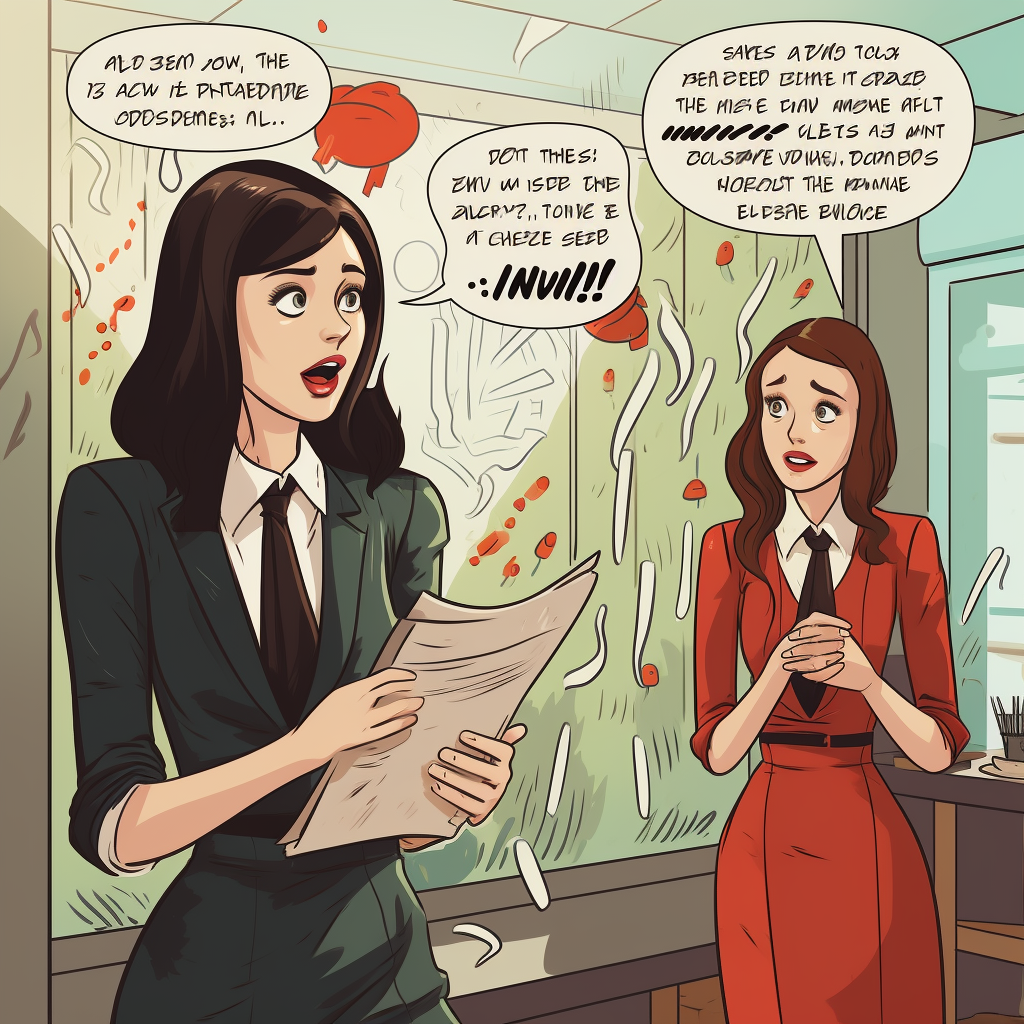Strong writing encompasses more than just vocabulary and ideas; it demands a solid grasp of spelling, punctuation and grammar (SPaG). Are you committed to mastering UK English? In this post, we’ll identify and dismantle prevalent SPaG blunders that can tarnish the brilliance of your writing. Let’s embark on a journey to SPaG perfection!
1. The Dreaded Its/It’s Dilemma
The “its” and “it’s” confusion persists, even among proficient writers. Remember, “it’s” is a contraction of “it is” while “its” denotes possession. This distinction is a cornerstone of polished writing.
2. Apostrophe Catastrophes
Misplaced apostrophes undermine your writing’s credibility. Know when to use them for contractions and possessives, and avoid attaching them to plural nouns or possessive pronouns.
3. Homophone Hiccups

Homophones are tricky, but mastering them elevates your writing. Differentiate between “their”, “there” and “they’re”; “your” and “you’re”; and “to”, “too” and “two” to ensure precision in your prose.
4. Commas with Relative Clauses
Understanding relative clauses and their relationship with commas is crucial. Use commas to offset non-essential information (“which” clauses) and omit them for essential information (“that” clauses).
5. Subject-Verb Agreement
Subject-verb agreement keeps your sentences grammatically sound. Ensure that your verb aligns with the subject in terms of number and person.
Perfecting SPaG isn’t an option – it’s a necessity. If you sidestep these common blunders, you will easily find yourself on a path to refined writing that will leave a lasting impression. Embrace the intricacies of UK English, and watch your writing flourish.

Leave a Reply